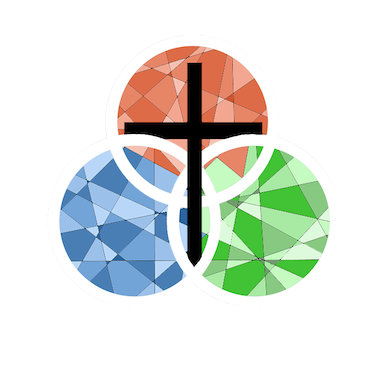This Sunday we will be celebrating Earth Day. Not only will our Creation Care Task Force be sponsoring an adult forum on the topic of Creation Care after the service, but our liturgy itself this week reflects a focus on a theology of environmental stewardship.
I invite you to listen for and appreciate all of these connections in our worship this week. For example:
- We open our service with a Confession of Sin highlighting our recklessness in caring for God’s good creation, yet even so we find hope in God’s promise to forgive us and inspire us to do better.
- We harken back to the Garden of Eden in our Gathering Hymn, Morning Has Broken, and then in lieu of a Kyrie, we sing a Song of Praise in celebration of Earth and All Stars.
- Our gospel text from John, in which Jesus identifies as the “true vine,” invites us into an organic and intimate connection with God, each other, and with Creation.
- Our Hymn of the Day, All Creatures Worship God Most High, written by Francis of Assisi, reinforces the message by developing these creation themes further, as does our Sending Hymn, Joyful, Joyful.
- Finally, our Eucharistic Prayer, drawn from the Lutheran liturgical resource, All Creation Sings!, places our sharing of the bread and wine within a broader understanding of God’s care for, and desire to restore, the entire created order.
May we all be inspired by our worship to be God’s agents of renewal, hope, and re-creation!
